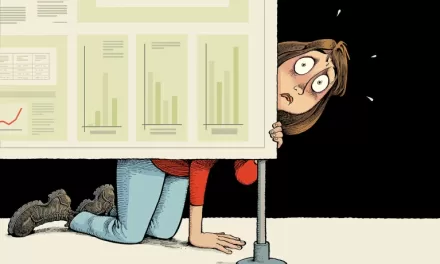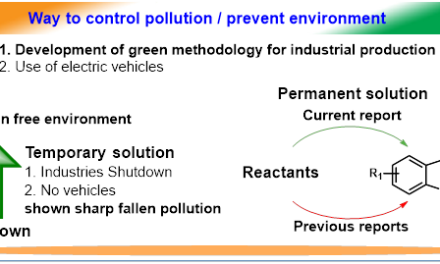Brisbane, Australia – An international study led by the University of Queensland has uncovered a significant link between frailty and the risk of developing dementia. The research, which analyzed data from nearly 30,000 individuals over the age of 60 in the United States and Britain, provides new insights that could influence strategies for dementia prevention.
Published on Tuesday, the study reviewed data collected between 1997 and 2024, tracking the health of 29,849 participants. Over the course of the study, 3,154 people were diagnosed with dementia. Researchers discovered that in many cases, an increase in frailty—characterized by reduced resilience in organ systems and greater susceptibility to falls, disability, and hospitalization—occurred up to nine years before a dementia diagnosis.
David Ward, lead author of the study and researcher at the university’s Center for Health Services Research, explained that frailty seems to play a more active role in the development of dementia. “This suggests frailty is not merely a consequence of undetected dementia but contributes to its onset,” Ward noted. He emphasized that understanding the relationship between aging, frailty, and dementia could lead to targeted interventions to reduce dementia risk and improve overall quality of life.
Frailty, a common condition associated with aging, often leads to physical decline and increased vulnerability to illness and injury. Ward suggested that routine screening for frailty could become a key tool in identifying people at higher risk of dementia, allowing for early interventions that may slow cognitive decline.
According to the World Health Organization, dementia currently affects more than 55 million people worldwide. By establishing a clearer connection between frailty and dementia, researchers believe this study could encourage health care systems to incorporate frailty assessments into standard health check-ups, ultimately helping reduce the global impact of neurodegenerative diseases.












